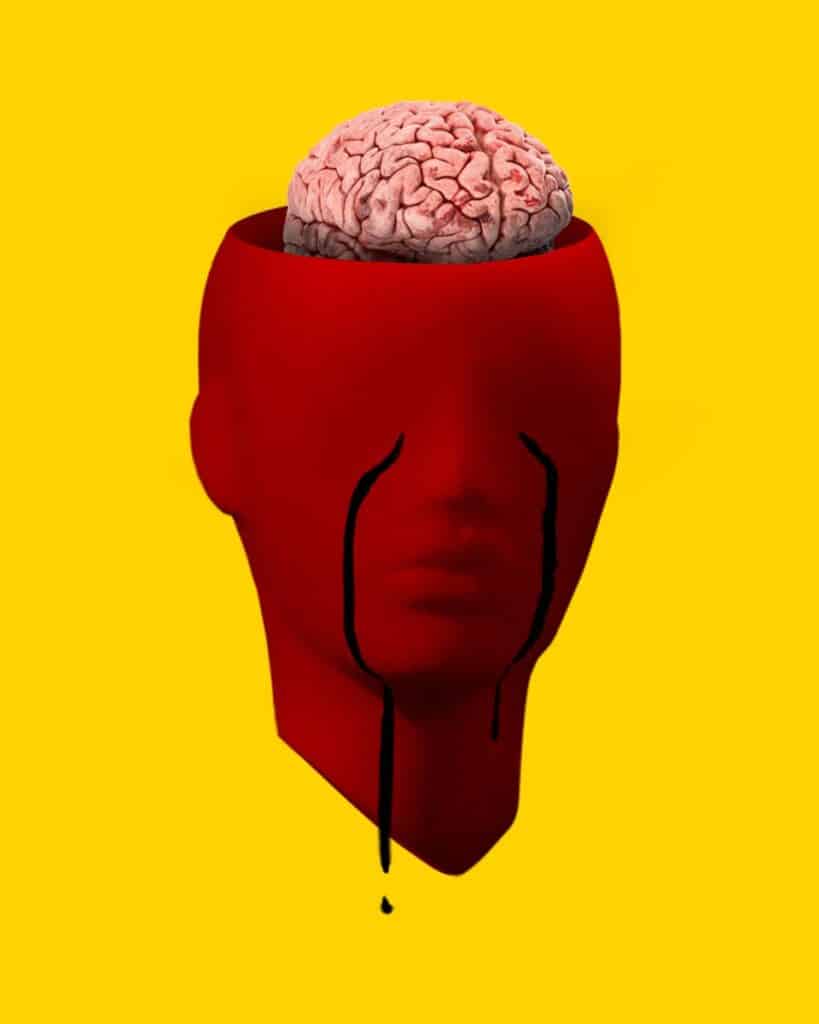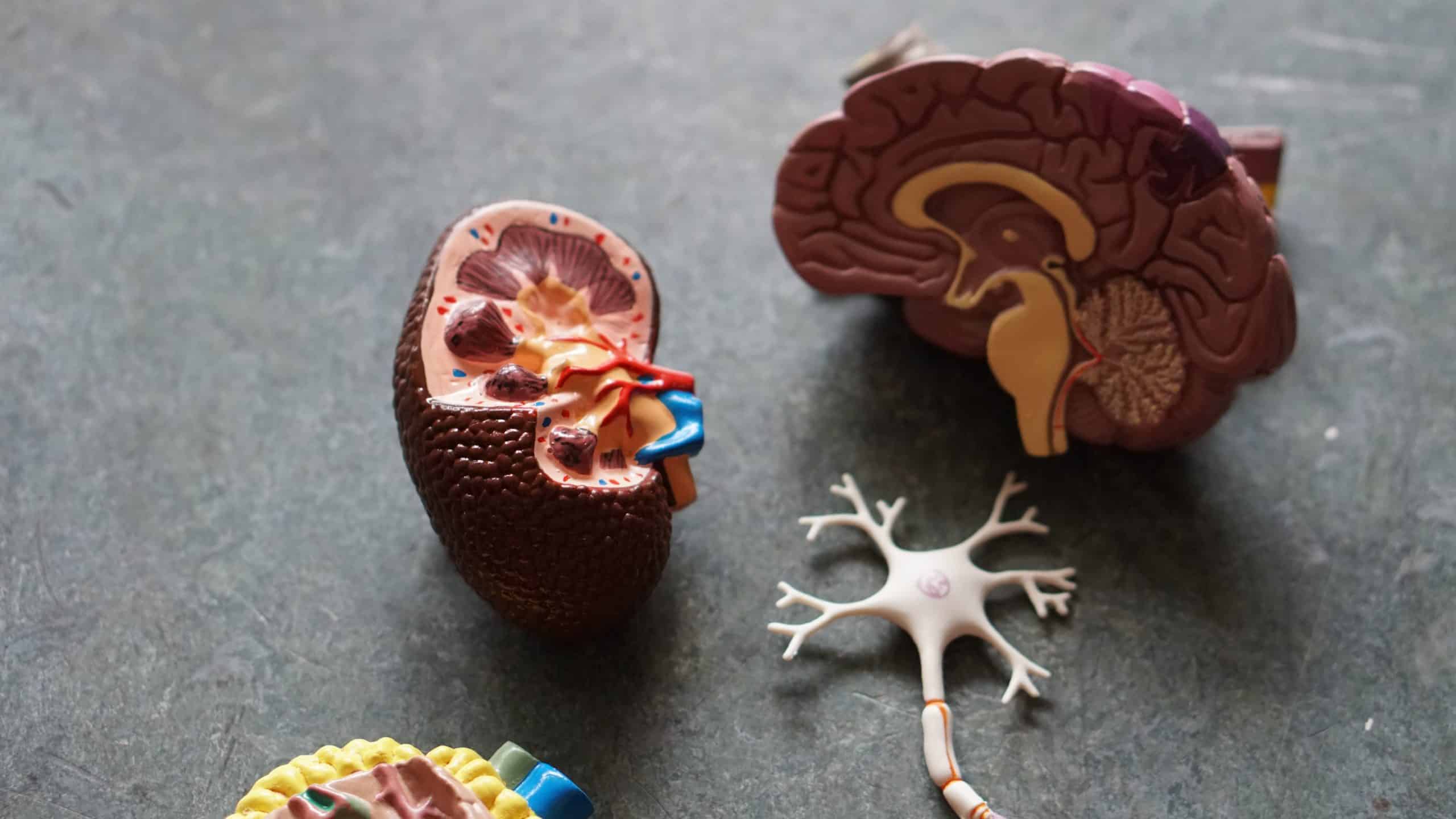Did you know that alcohol can cause dementia? It’s a little-known fact, but one that’s important to understand. Alcohol consumption can have a variety of adverse effects on the brain, including causing dementia in some cases.
In this blog post, we will discuss what alcohol dementia is, how it affects the brain and some of the symptoms associated with it. We will also talk about treatment options and ways to prevent alcohol dementia from occurring.
Permanent damages caused by Alcohol

Alcohol dementia is a type of dementia that is caused by chronic alcohol abuse. It can lead to a decline in cognitive function and memory, as well as changes in behavior. Alcohol dementia is different from other types of dementia, such as Alzheimer’s disease, because it is reversible if the person stops drinking alcohol. However, if someone continues to abuse alcohol, the damage to the brain can be permanent.
Dementia
How does alcohol cause dementia? Chronic heavy drinking leads to a build-up of toxins in the brain that can damage nerve cells. This damage can result in problems with thinking, memory, and motor skills. Alcohol also interferes with the way the brain produces and uses neurotransmitters, which are chemicals that help transmit signals between nerve cells. This can lead to changes in mood and behavior.
There are a number of symptoms associated with alcohol dementia, including memory loss, confusion, difficulty concentrating, and problems with coordination and balance. Someone with alcohol dementia may also experience changes in personality and behavior, such as becoming more irritable or aggressive. If you, or someone you know, exhibit these symptoms, it’s essential to seek medical help right away.
Treatment
Treatment for alcohol dementia typically involves abstaining from alcohol use altogether. In some cases, medication may be necessary to help manage symptoms. There are also a number of things that can be done to prevent alcohol dementia from occurring, such as limiting alcohol consumption or avoiding binge drinking.
If you, or someone you know, are struggling with alcohol abuse, there is help available. Treatment can help improve cognitive function and memory, as well as reduce the risk of developing dementia.
Long-lasting effects
Alcohol dementia is a serious condition that can have a lasting impact on the brain. There are treatment options available that can help improve cognitive function and memory, as well as reduce the risk of developing dementia.
Permanent brain damage can occur with chronic heavy drinking leading to a build-up of toxins in the brain that can damage nerve cells. This damage can result in problems with thinking, memory, and motor skills. Alcohol also interferes with the way the brain produces and uses neurotransmitters, which are chemicals that help transmit signals between nerve cells. This can lead to changes in mood and behavior. If you or someone you know is exhibiting these symptoms, it’s important to seek medical help right away because alcohol dementia is a reversible type of dementia if the person stops drinking alcohol. Treatment for alcohol dementia typically involves abstaining from alcohol use altogether, but in some cases, medication may be necessary to help manage symptoms.

